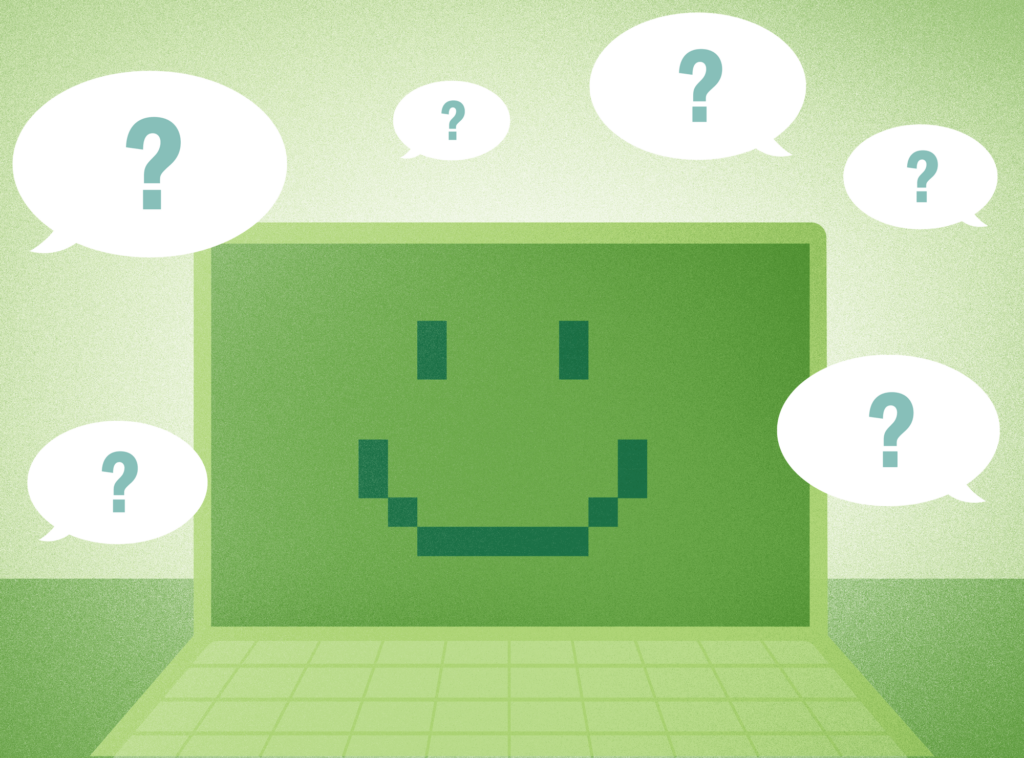
Today, I’ve asked Tomas Chamorro-Premuzic to share his Tip of the Week.
With recent advances in artificial intelligence (AI) such as ChatGPT, parents and teachers were first impressed by its abilities—then worried about what this means for kids. What happens when students can ask a bot to write their papers for them in seconds? Will they replace deep learning with copycat plagiarism?
Automated knowledge agents like ChatGPT fundamentally change the value of human expertise. In a world where much of our thinking can be outsourced to machines, the key role of humans is to ask rather than answer questions. In particular, developing the capacity for asking questions AI can’t answer is the best way to advance the collaboration between humans and machines to everybody’s benefit.
Since ChatGPT and similar technologies are optimized for providing quick, generic, and relatively adequate or accurate answers (not too different from Wikipedia), you can also teach young people to identify errors and mistakes, which requires deep learning and research. Think of human intelligence as a supervisor of machine intelligence and expertise as the ability to go beyond the prepackaged “fast facts” churned out by AI and provide value beyond the wisdom (or ignorance) of the crowds.
So what can you do now to prepare kids for the future? Help them develop curiosity to ask more and better questions. Research finds that playful activities such as games can boost curiosity—say, by using digital voice agents like Alexa and Siri to answer questions about things kids want to understand.
Don’t ban new technologies like chatbots. It risks turning kids into Luddites—or can tempt them to use it even more.
Do help young people cultivate curiosity by playing games. Establish family quiz time to ask questions, then use technology like chatbots and digital voice agents to search for the answer. Kids who can extract the right insights—because they’ve learned how to ask the right questions—and verify or correct the accuracy of the information will have skills no machine can replace anytime soon.
With gratitude,
Tomas
Tomas Chamorro-Premuzic is a professor of business psychology at Columbia University and UCL and the author of I, Human: AI, Automation, and the Quest to Reclaim What Makes Us Unique.
